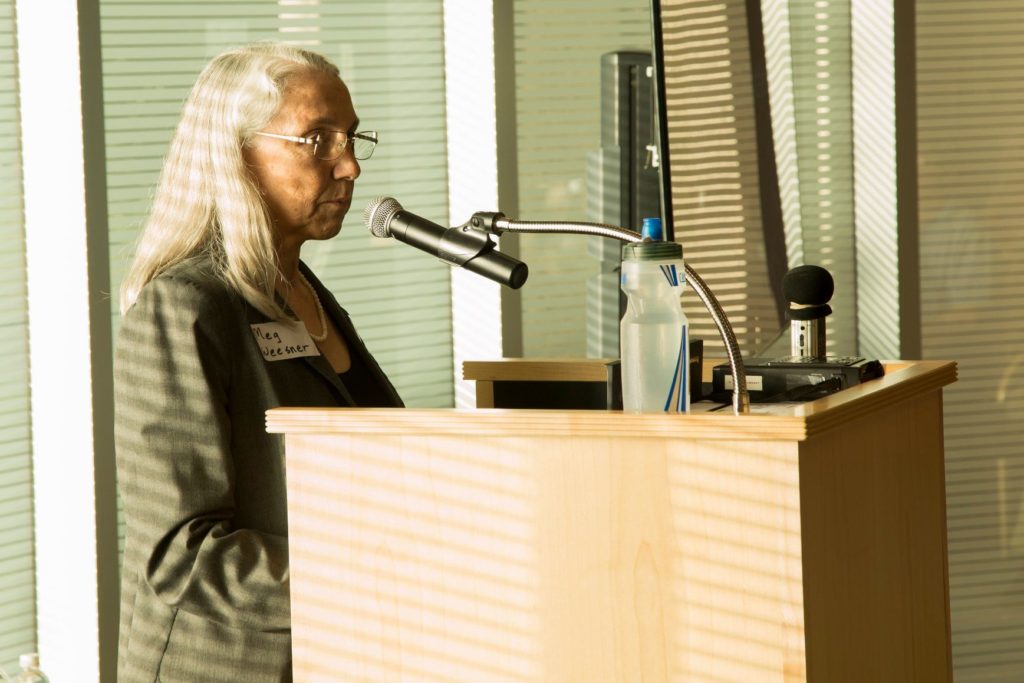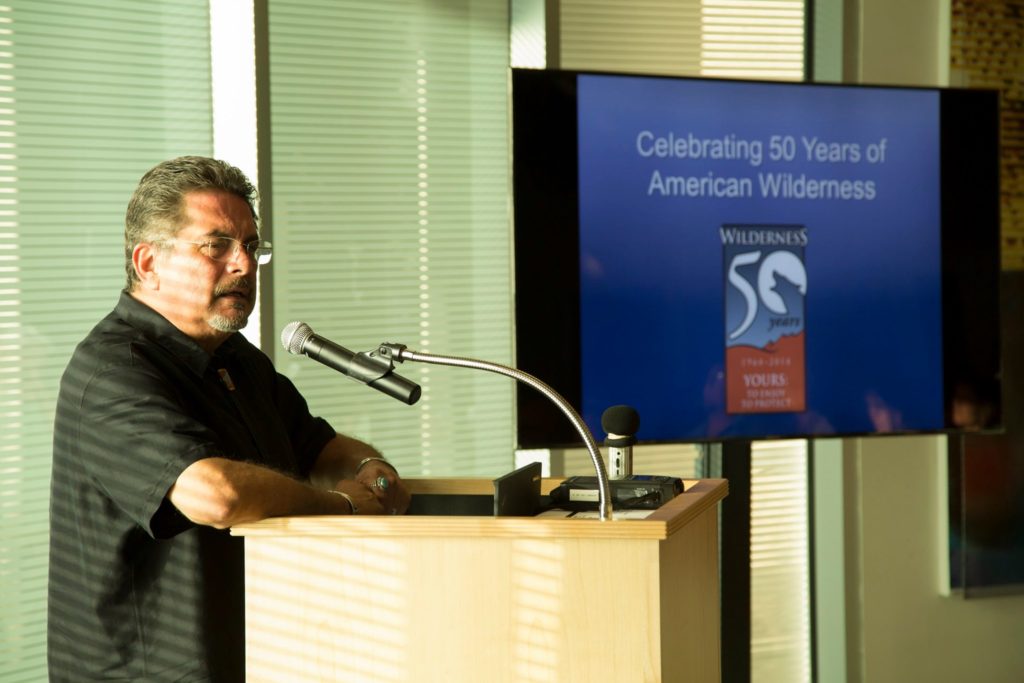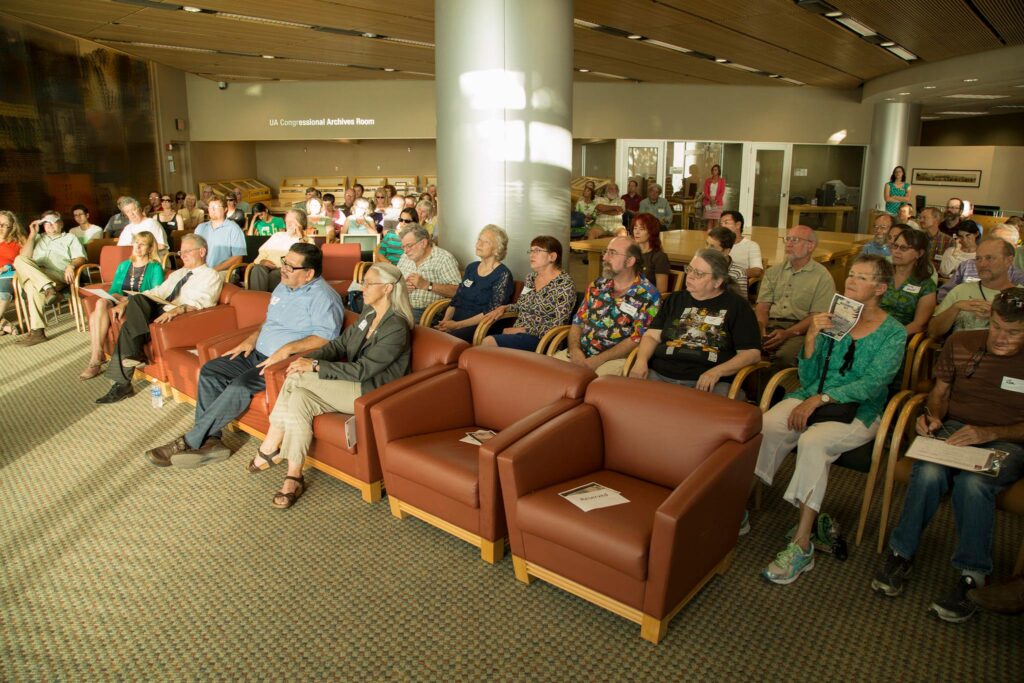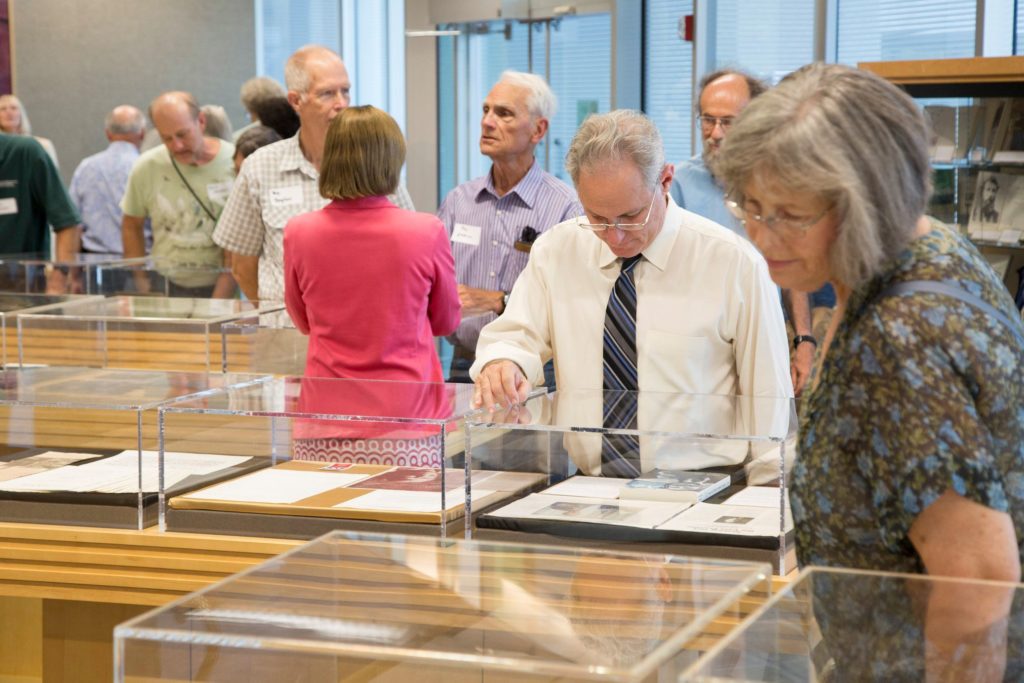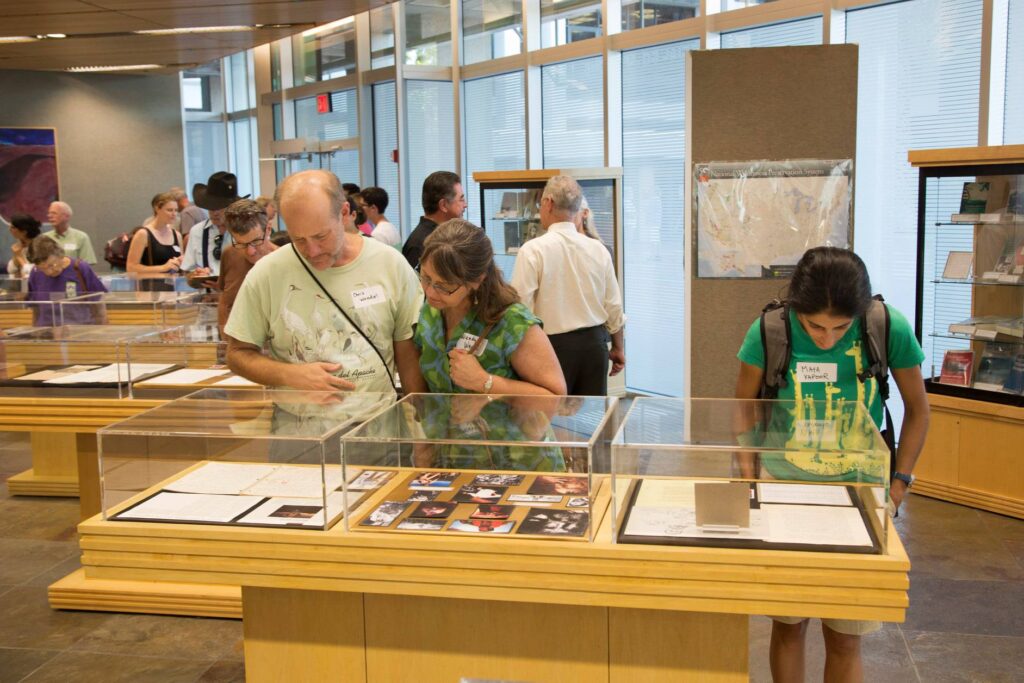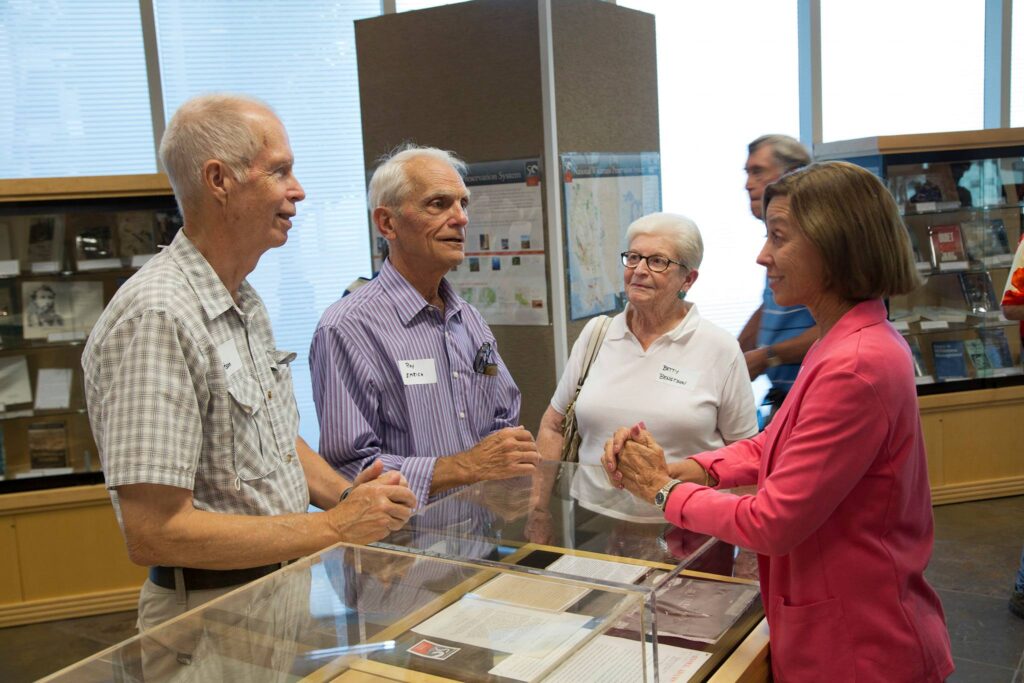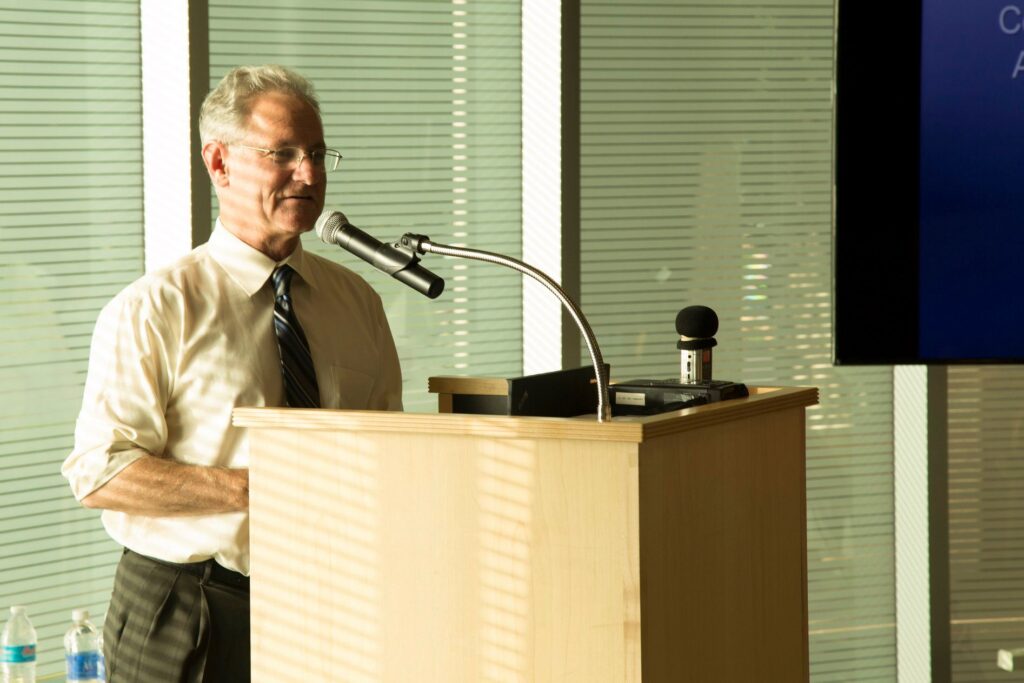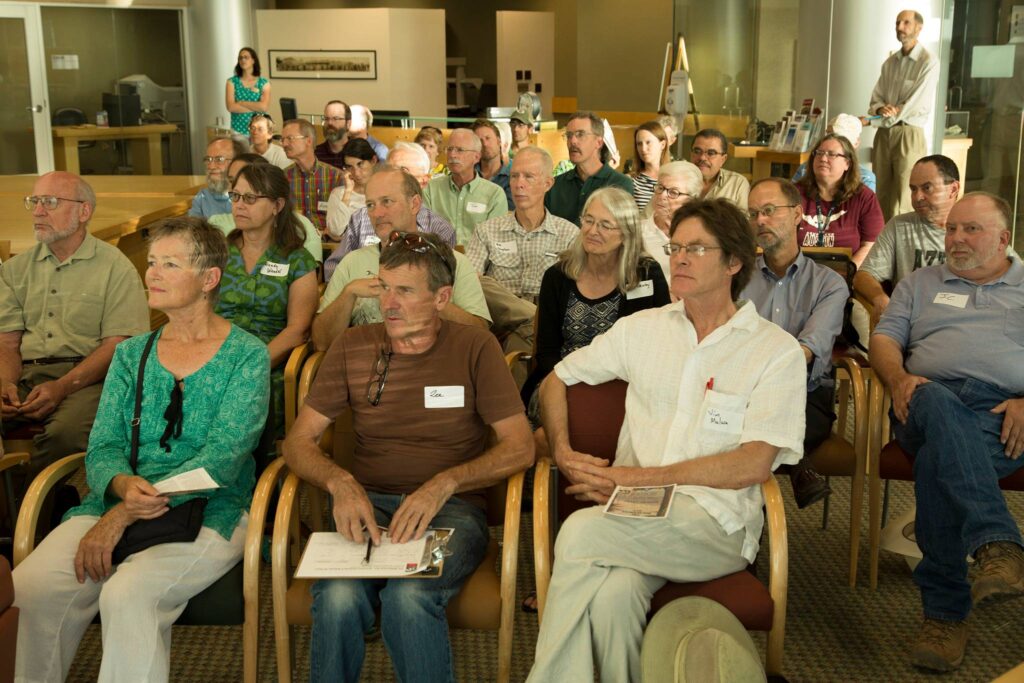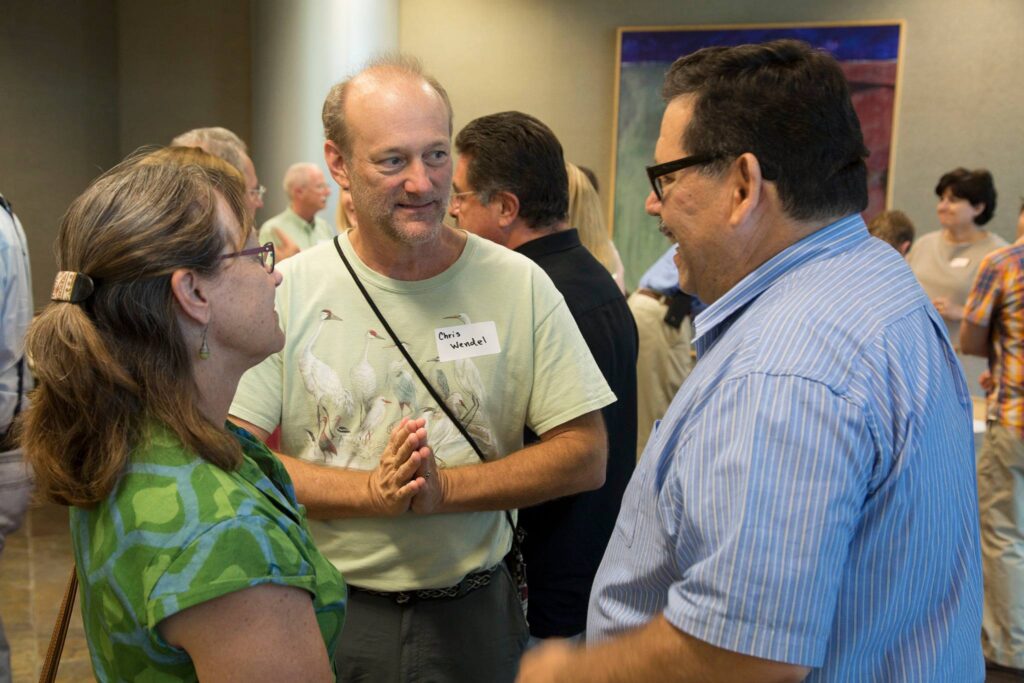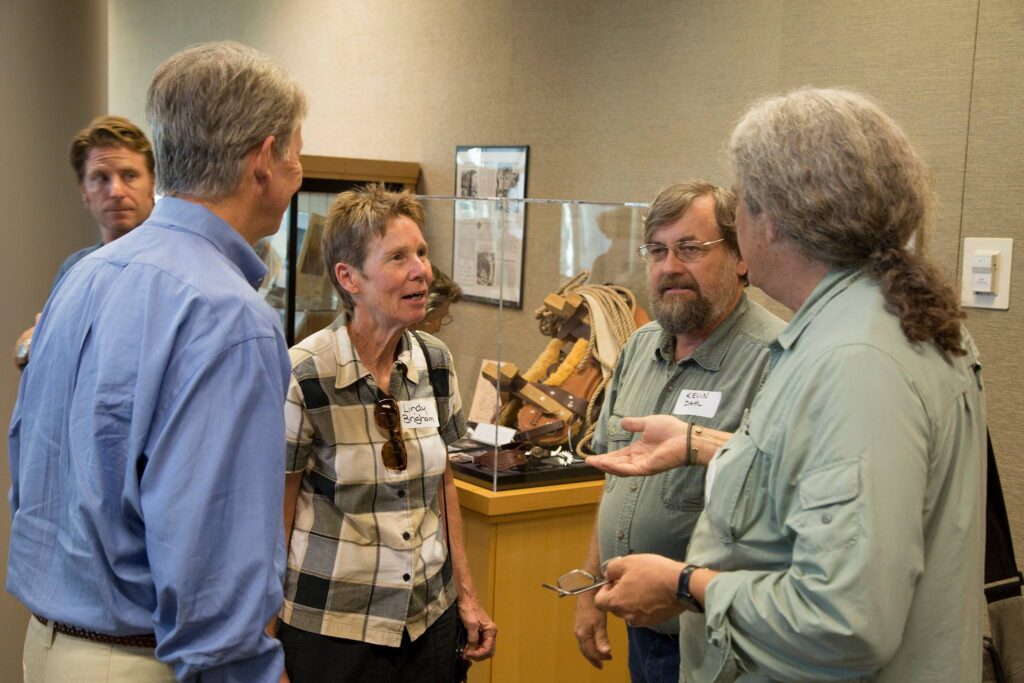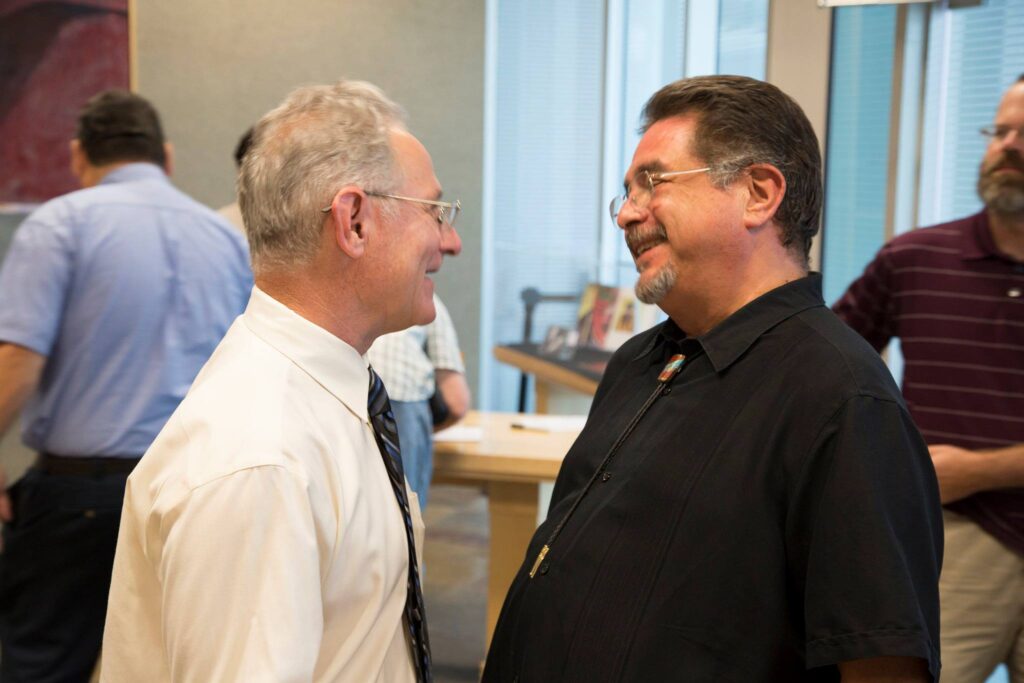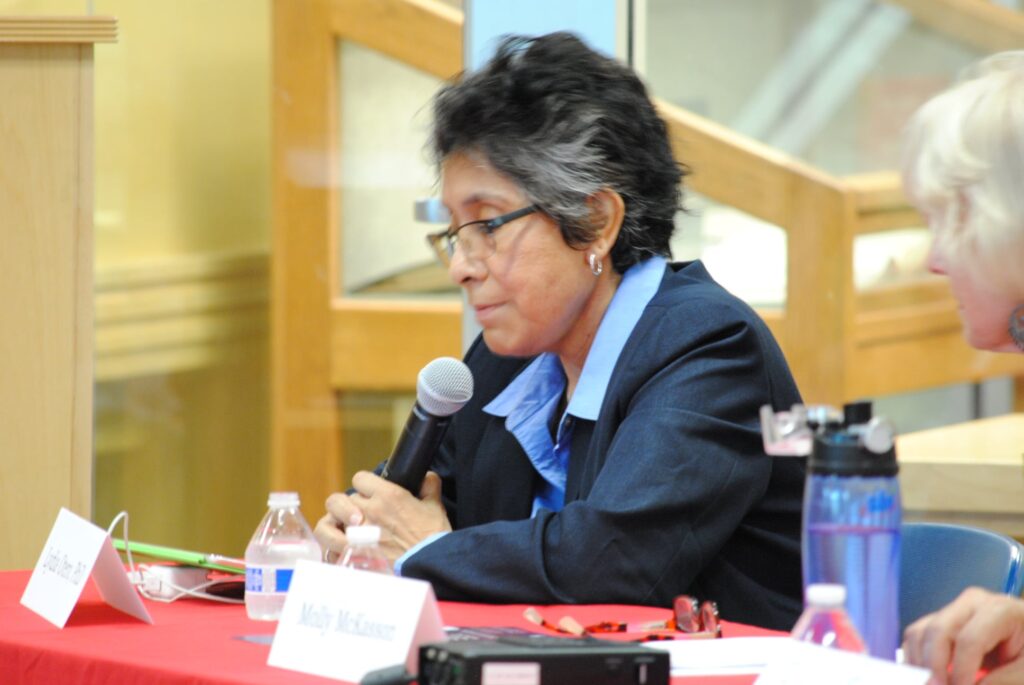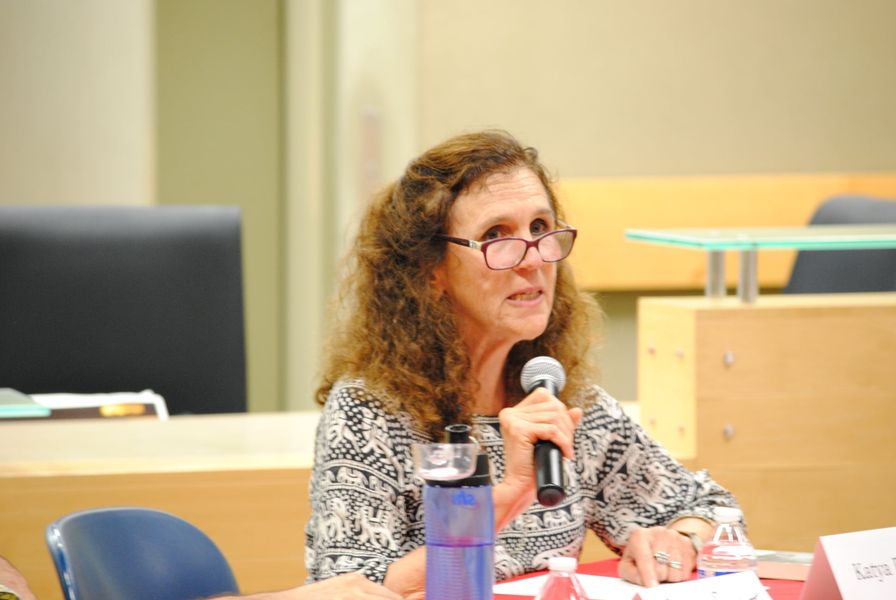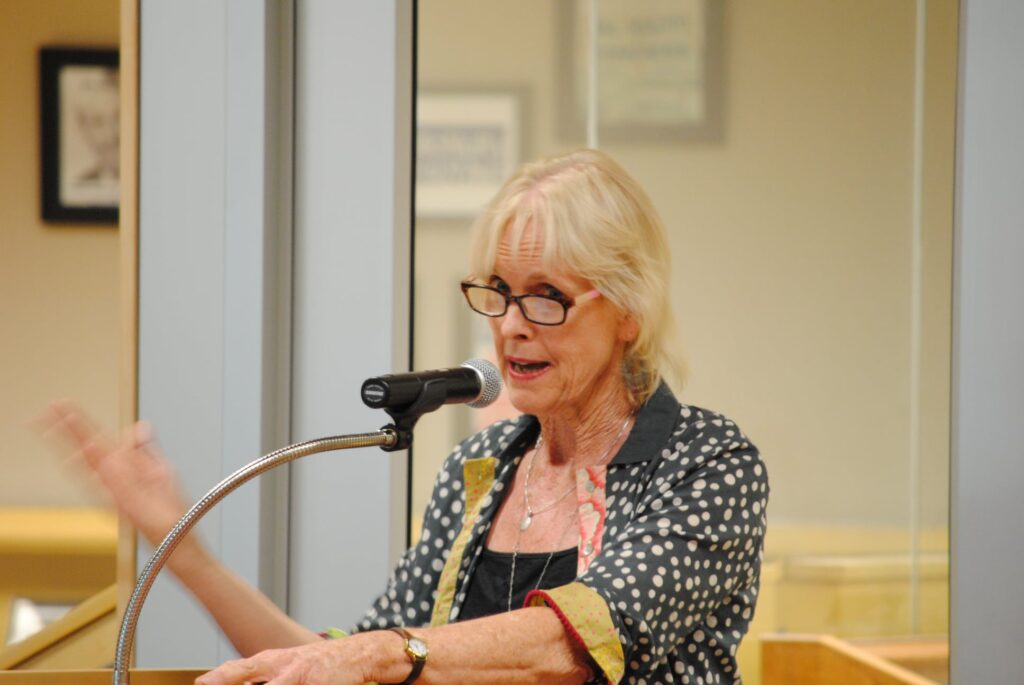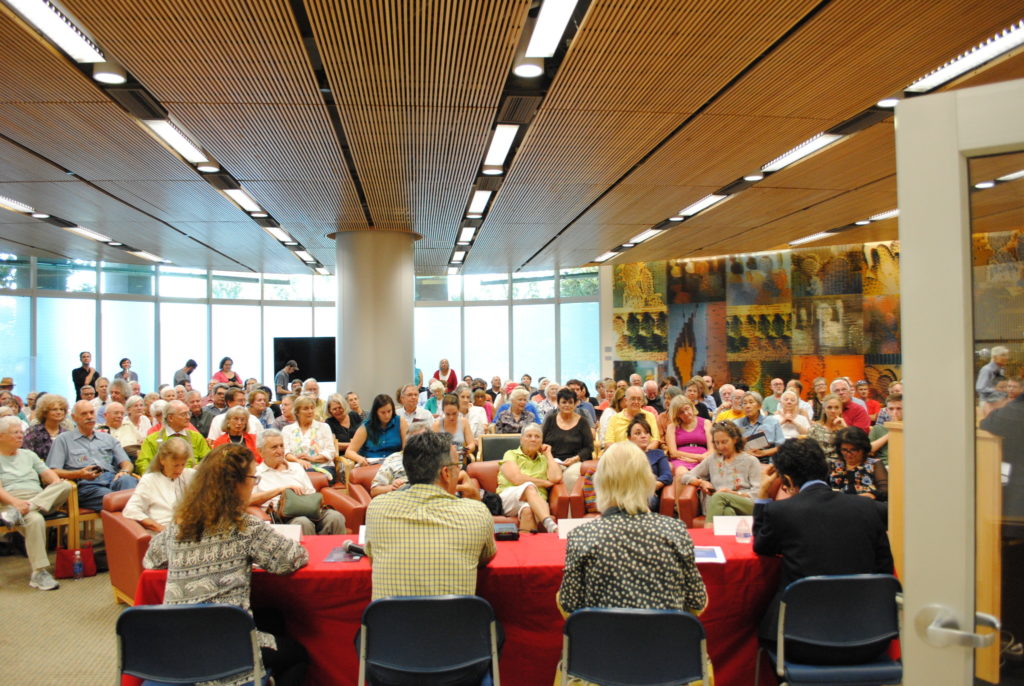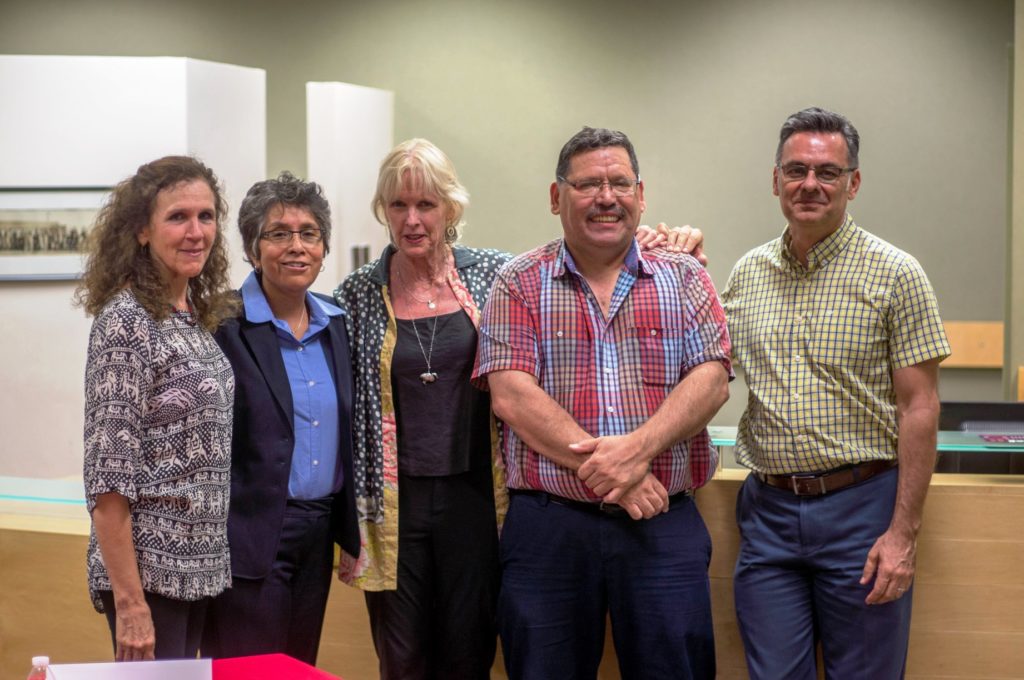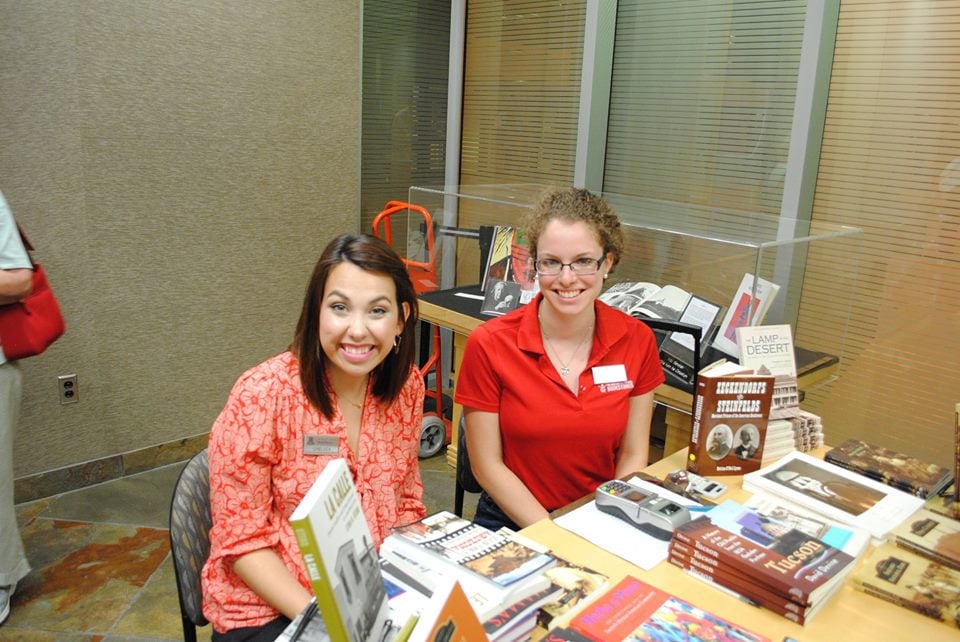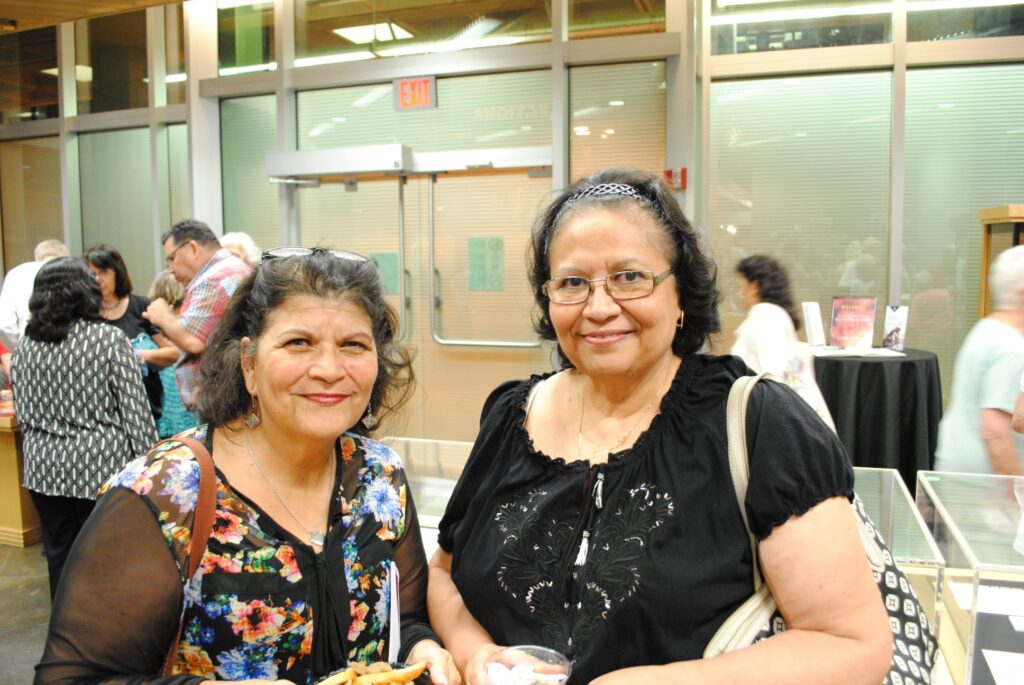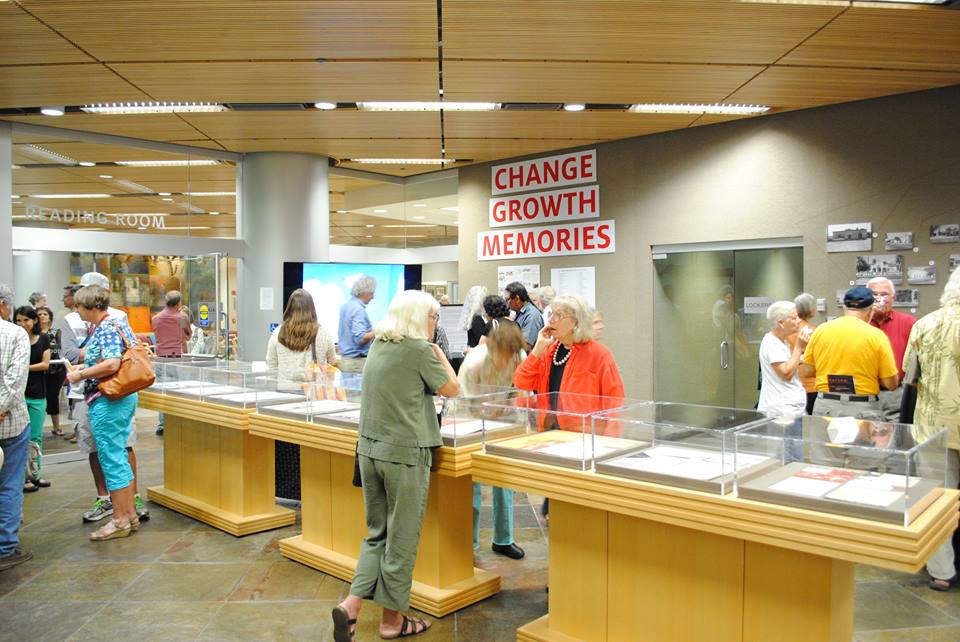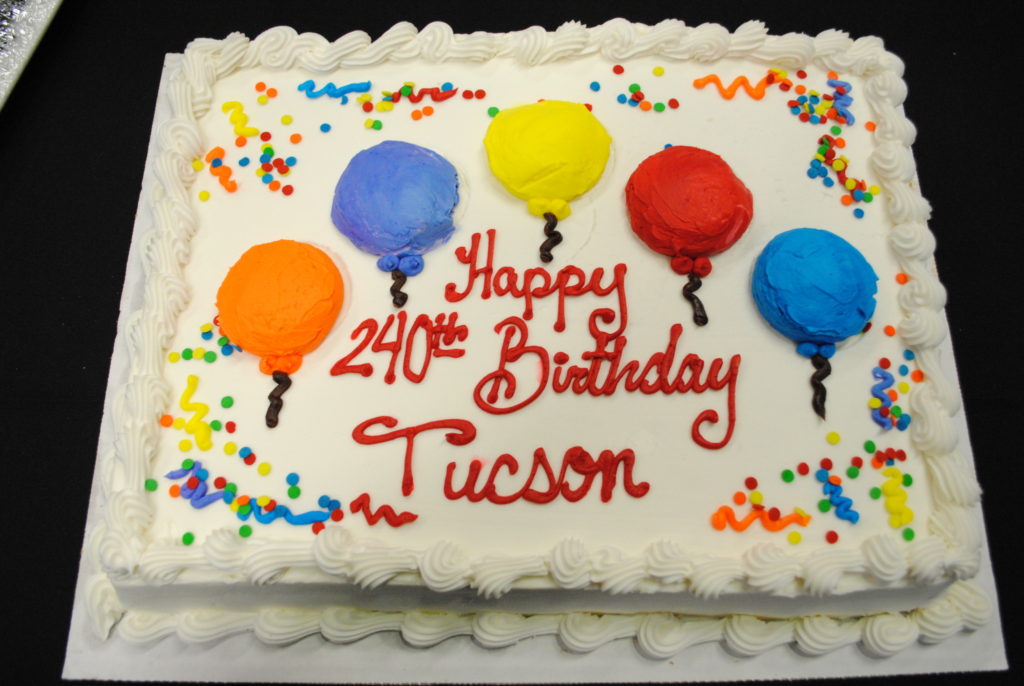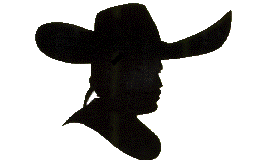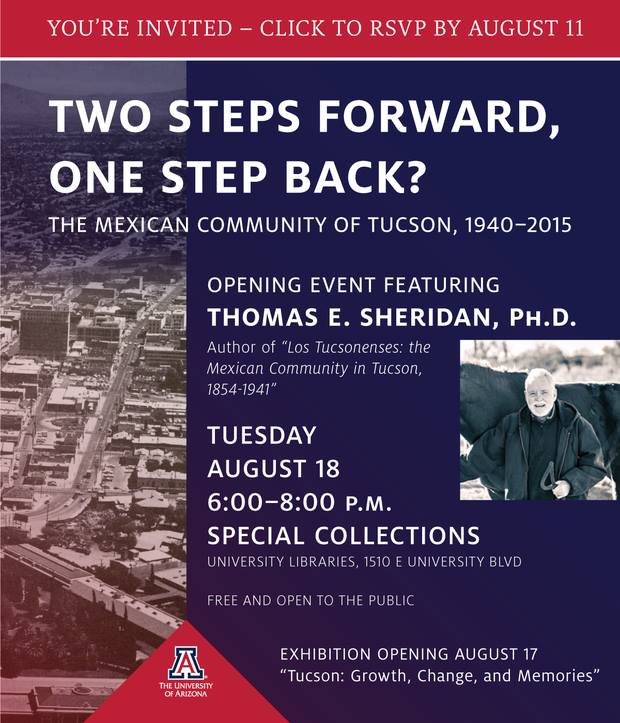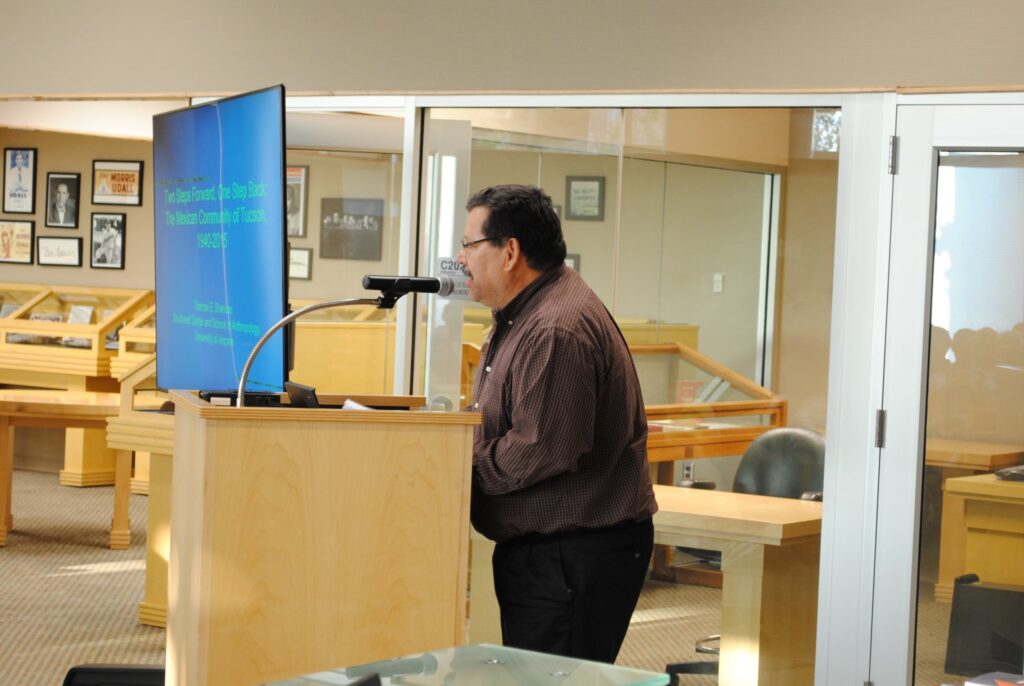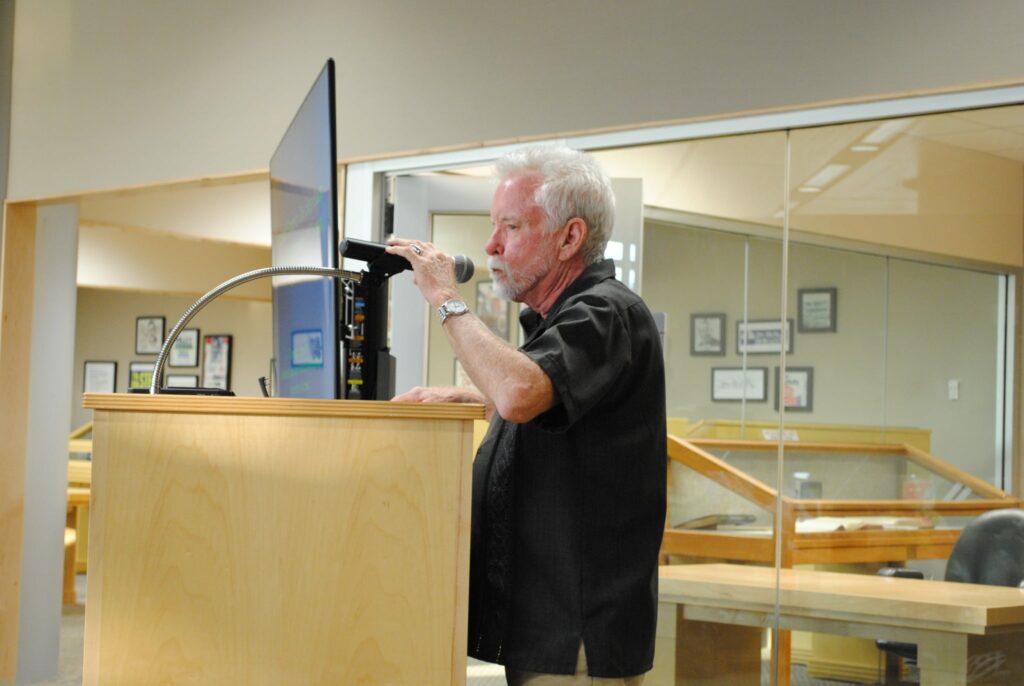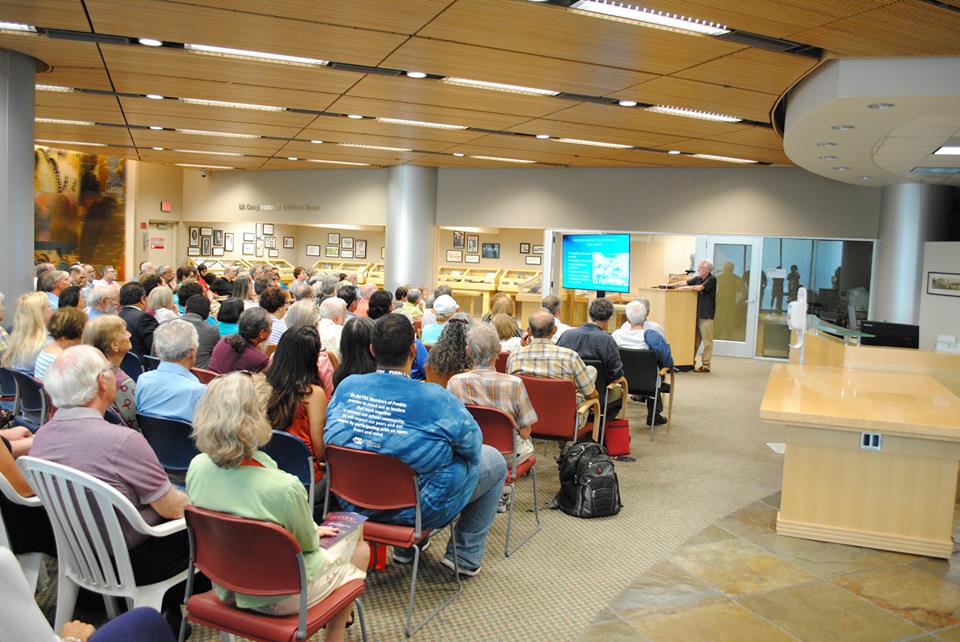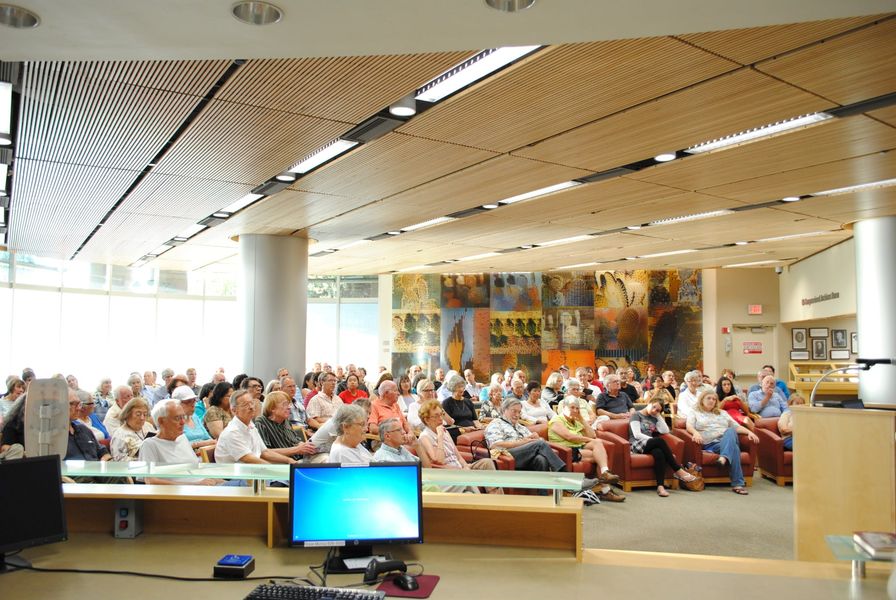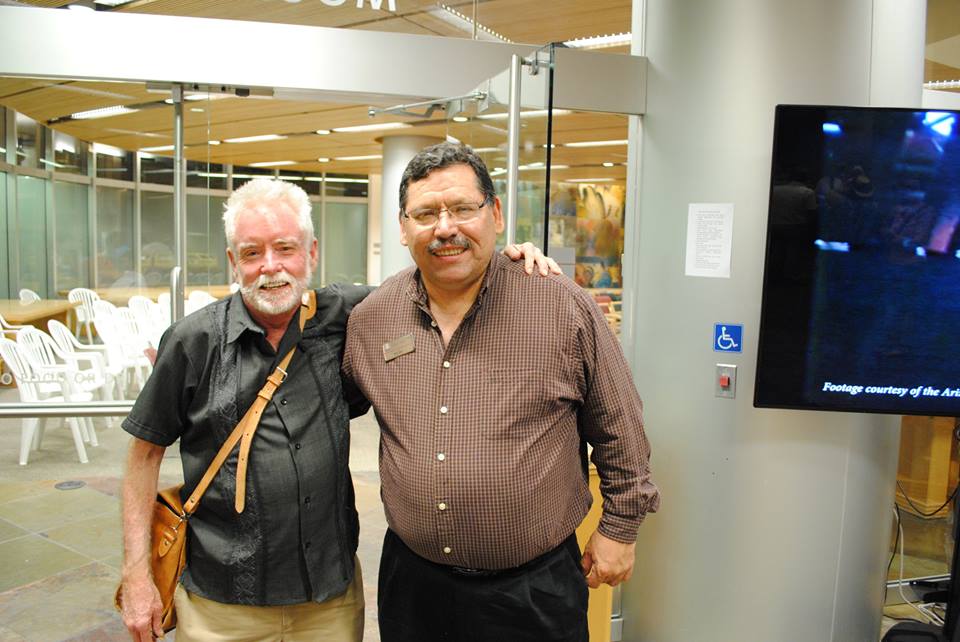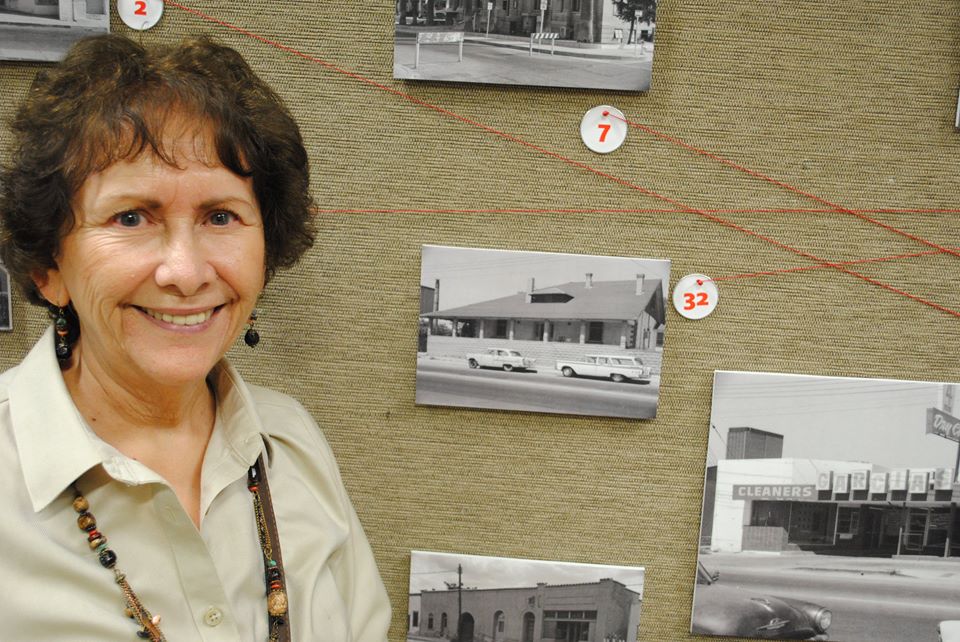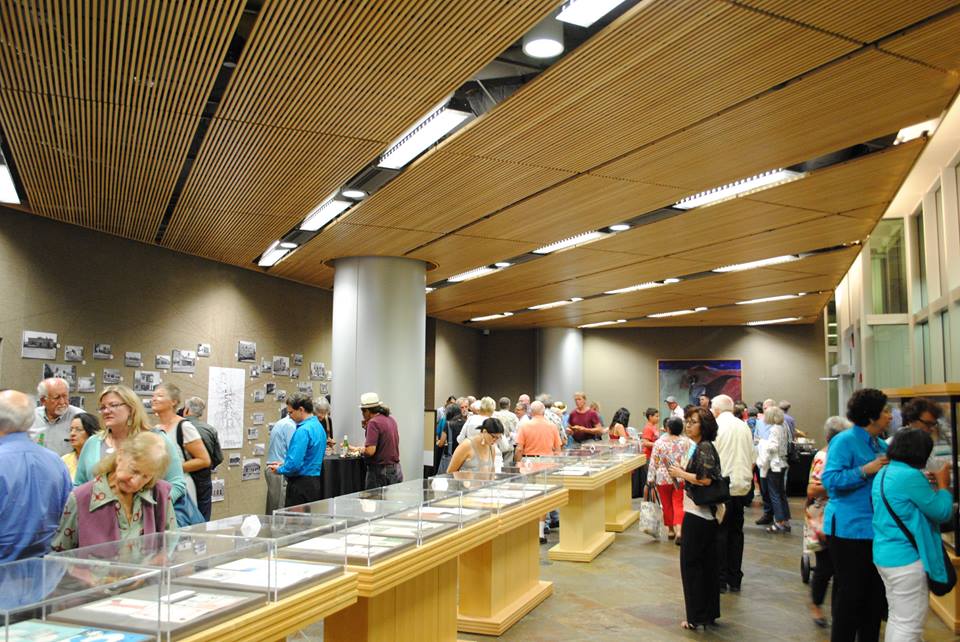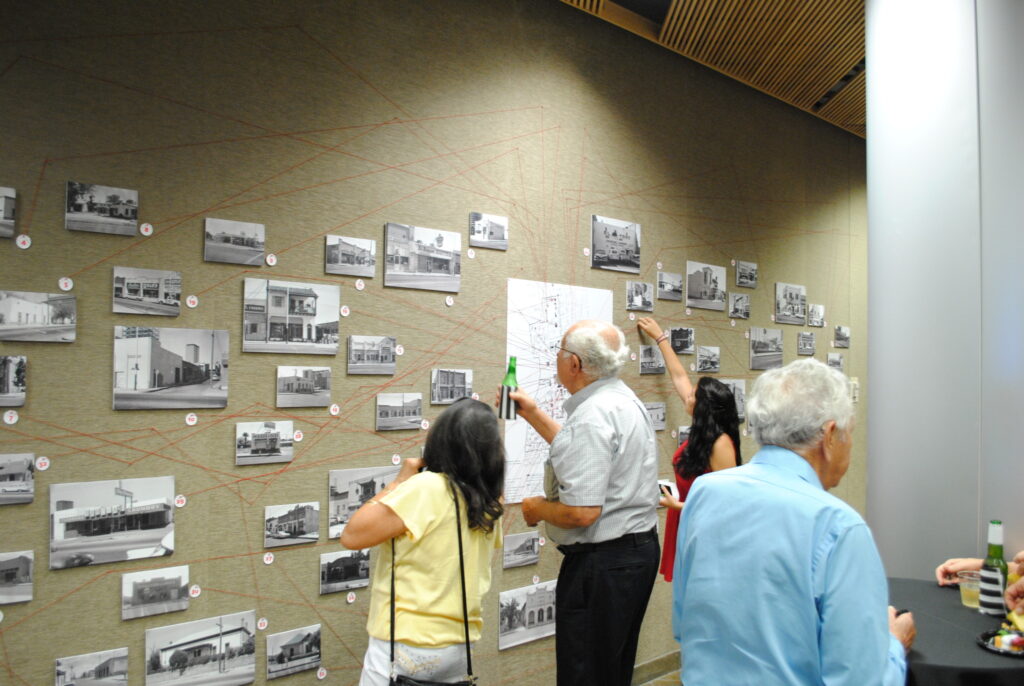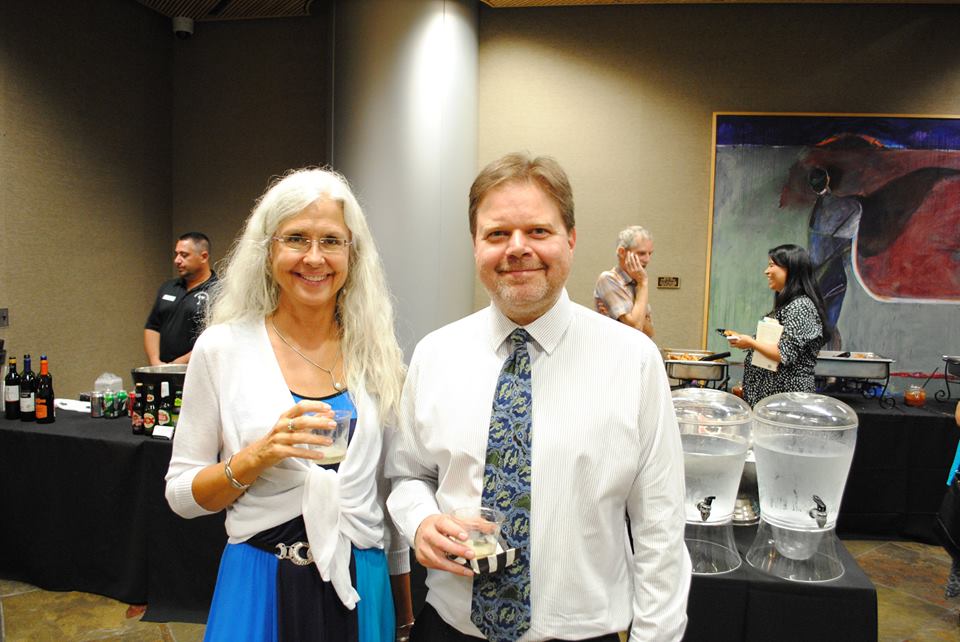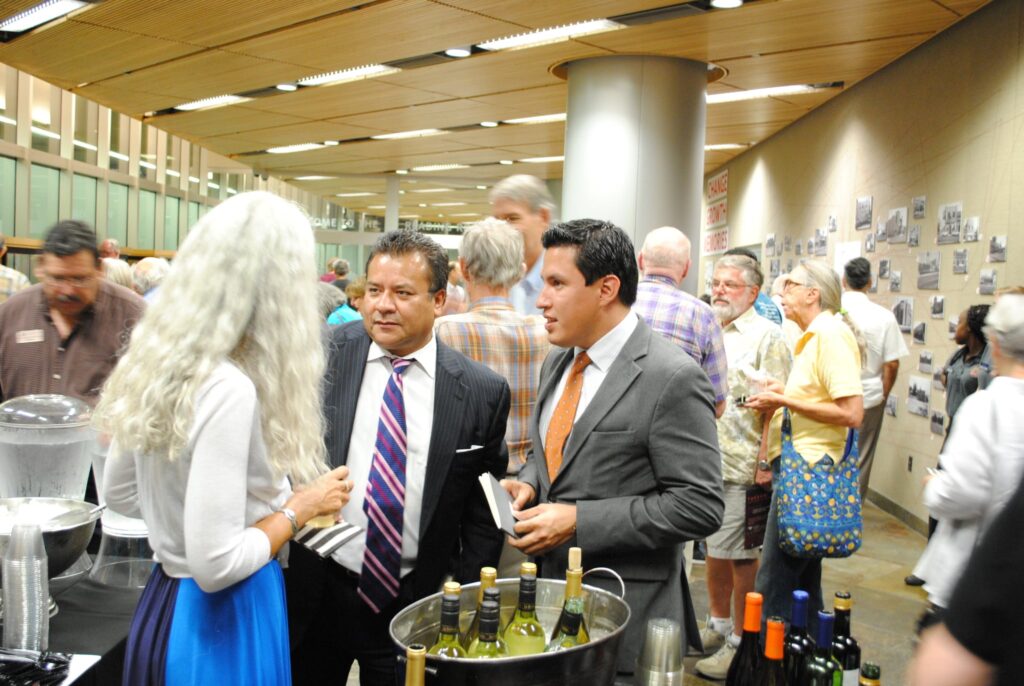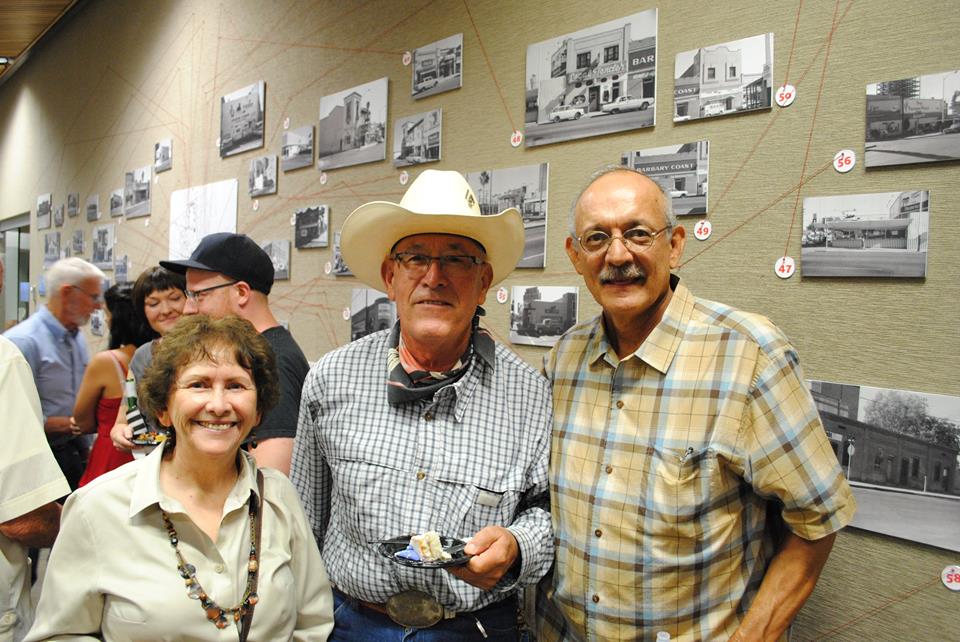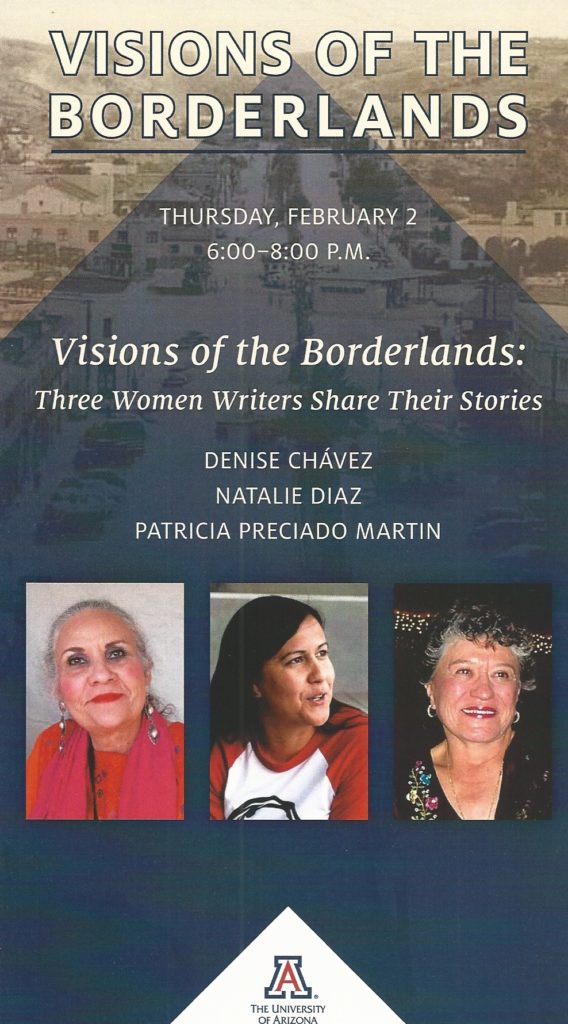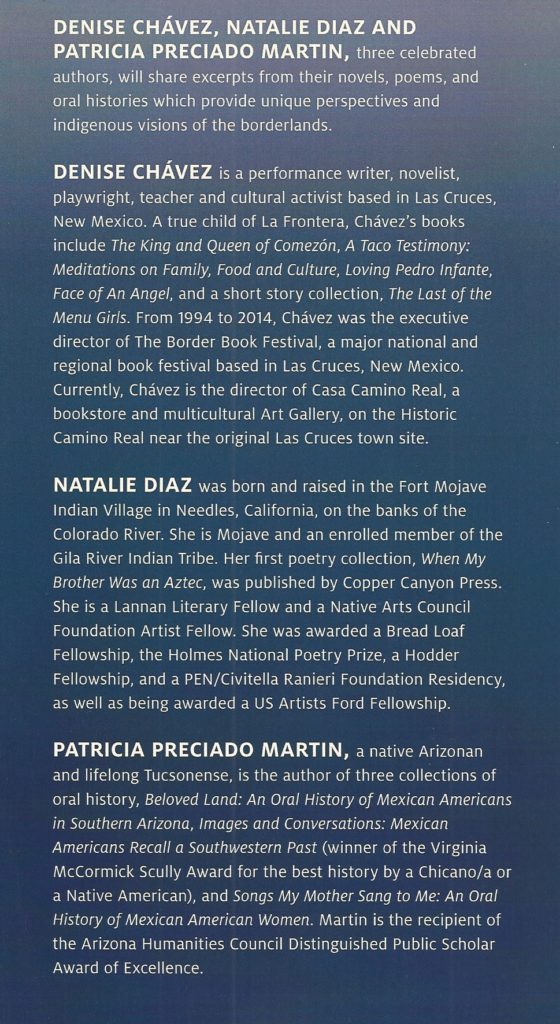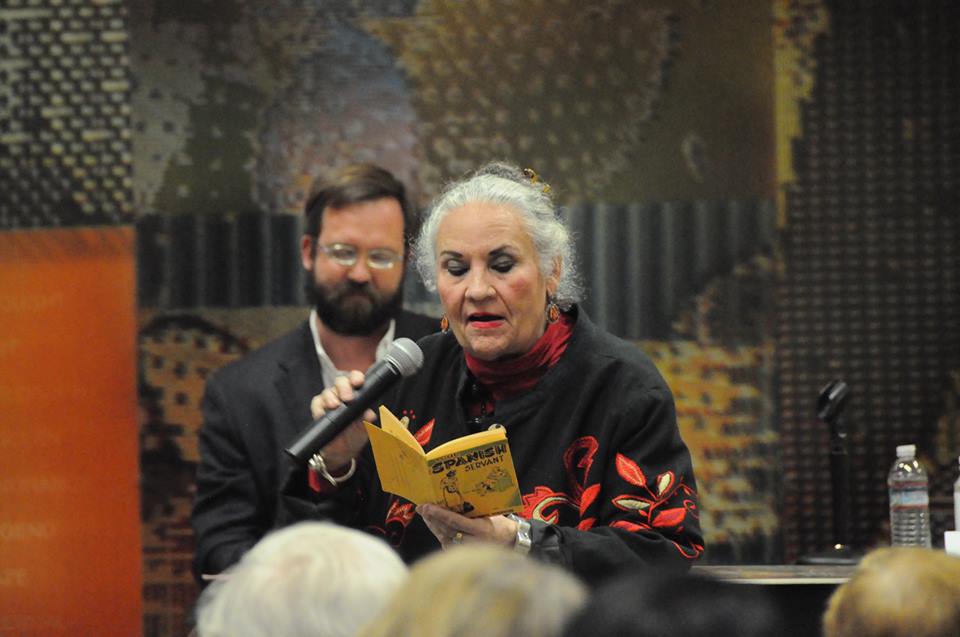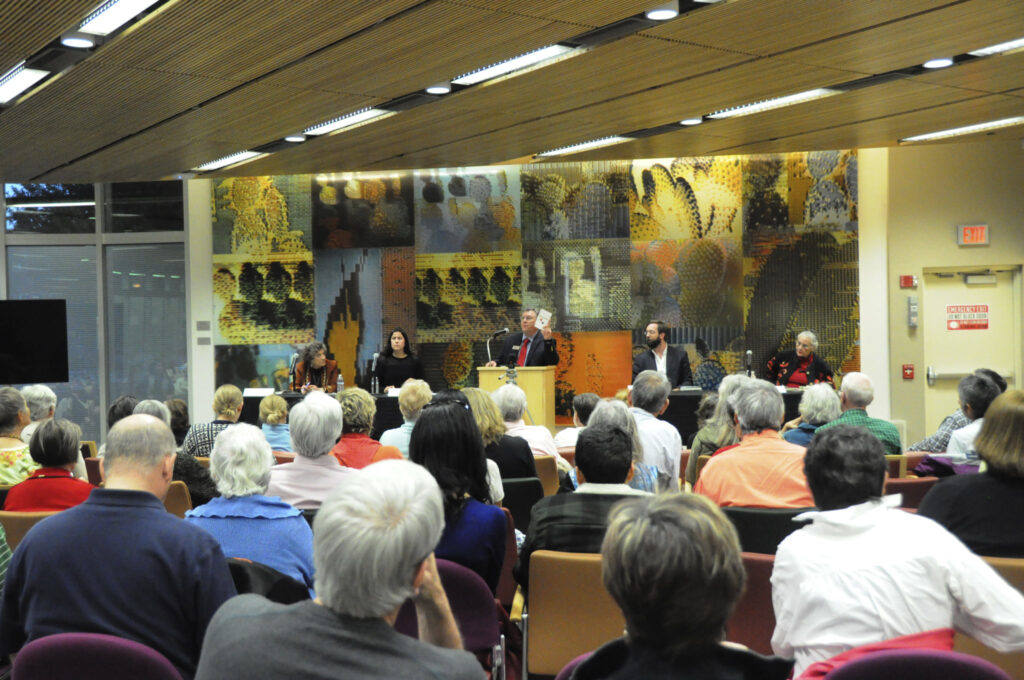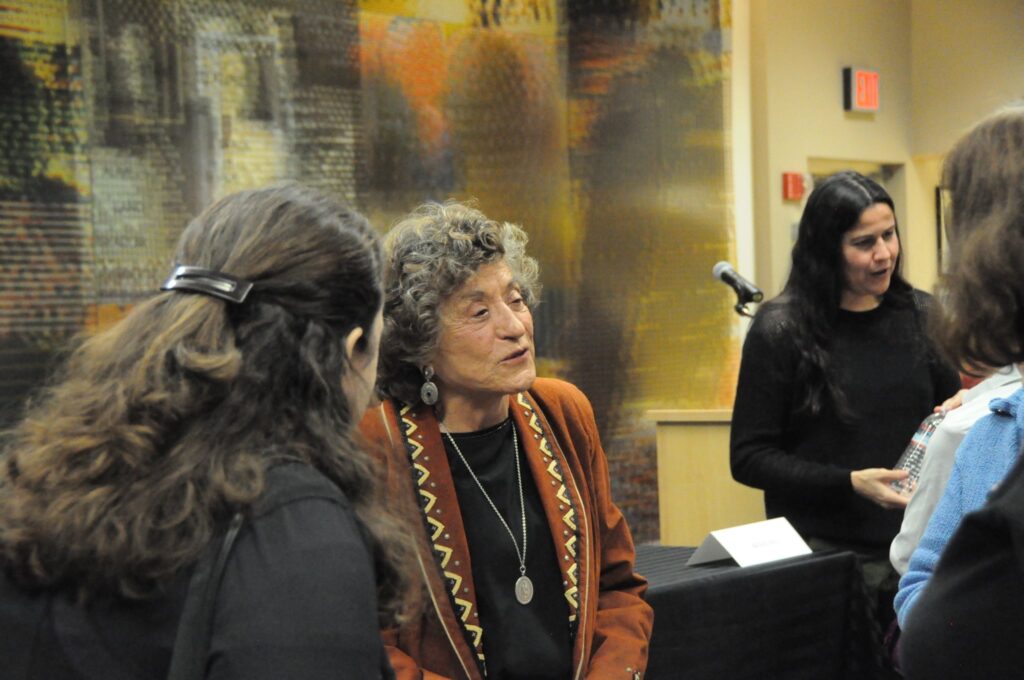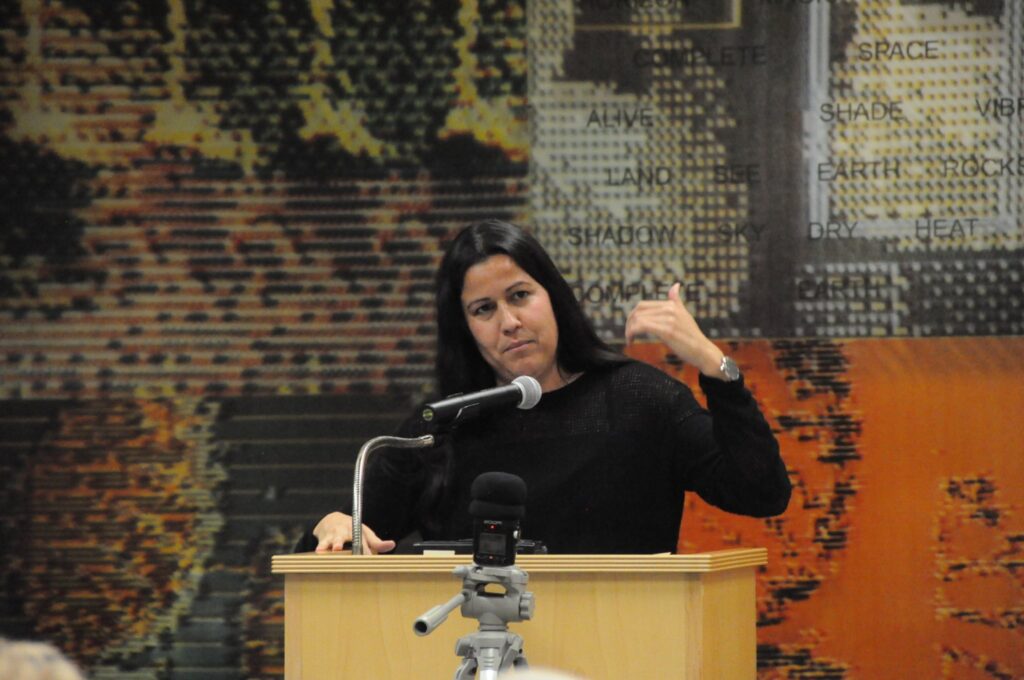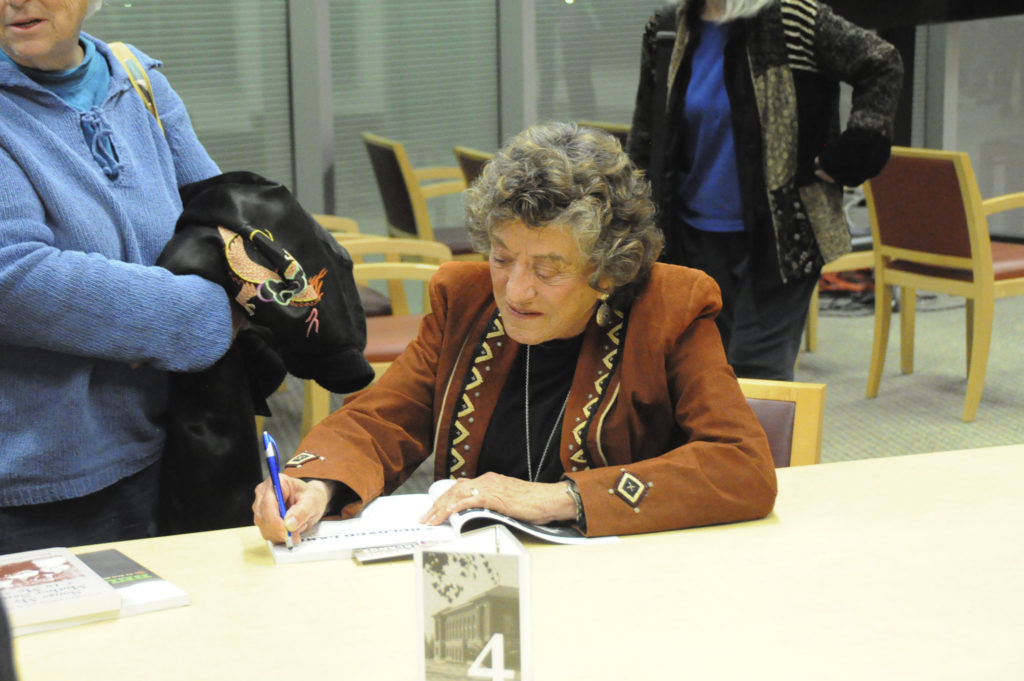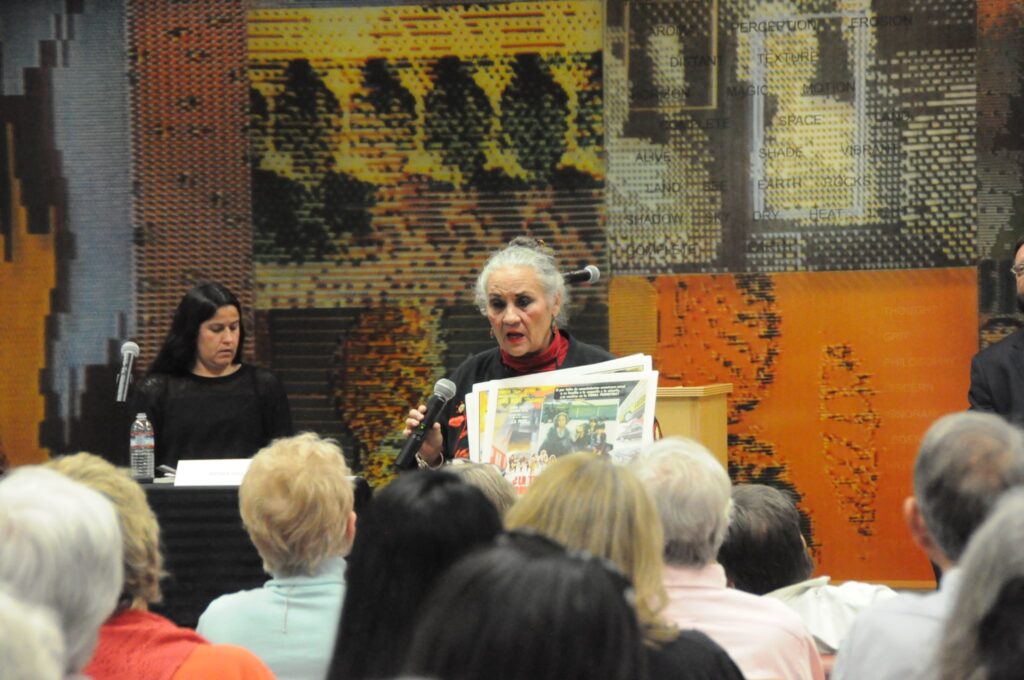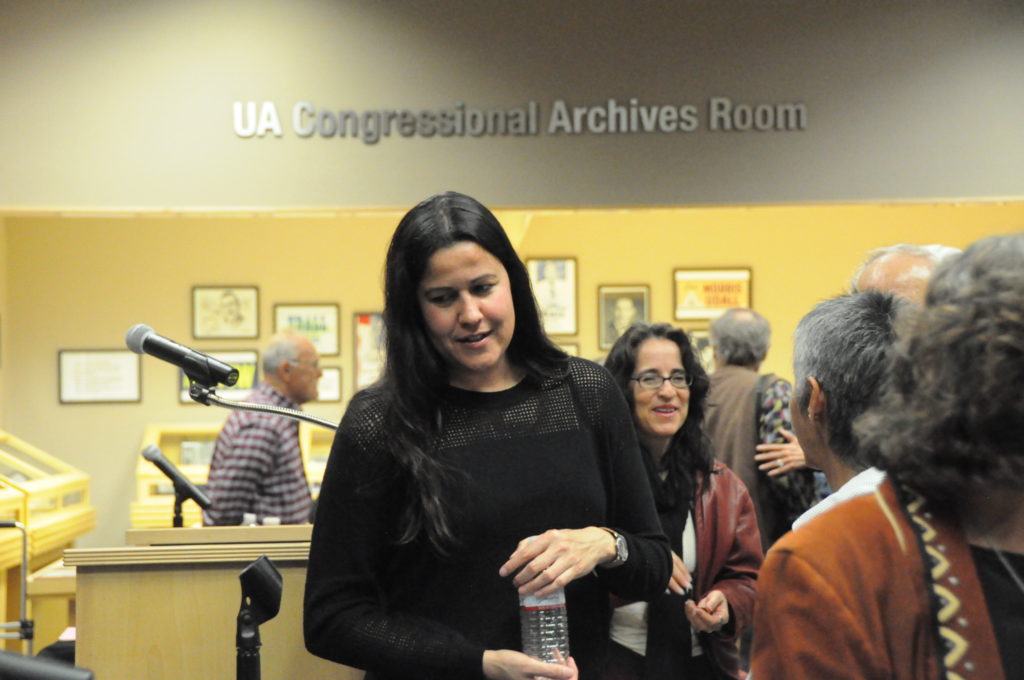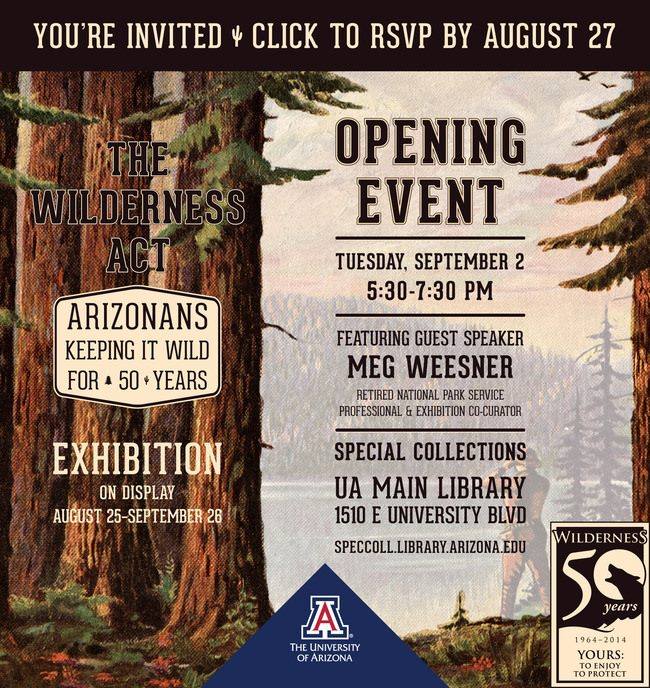
EVENT SCHEDULE
5:30: Welcoming Remarks by Karen Williams, Dean of The University of Arizona Libraries
5:45: Brief remarks from our guest elected officials Tucson Mayor Jonathon Rothschild and Pima County Board of Supervisors Chairperson, Richard Elias
6:00: Presentation by Meg Weesner, retired National Park Service Ranger
6:45: Reception
Welcome to the opening event for the “Wilderness Act: Arizonans Keeping It Wild for 50 Years” exhibition.
It has been a great pleasure to work with my co-curator and tonight’s featured speaker, Meg Weesner, on this exhibit, which celebrates the 50th Anniversary of the signing of the Wilderness Act and acknowledges the work of three key figures in the environmental movement: Stewart Udall, Morris K. Udall, and Edward Abbey, as well as the works of early and modern wilderness thinkers and writers.
I’d like to thank Kevin Dahl, program manager of the field office of the National Parks Conservation Association, and Special Collections student assistant Jarrod Mingus, for their assistance with the exhibit. Curating this exhibit was indeed a labor of love, and a true team effort!
Thanks also to the Friends of the University Library and the Dean of the Library, Karen Williams for their support.
I hope you take some time tonight to examine the documents and photos and to read the quotes and descriptions in each of the exhibit cases. I’m sure you will be pleasantly surprised to learn how fortunate we Arizonans are to have so much wilderness in our midst.
In gratitude,
Bob Diaz
Exhibits and Events Coordinator
Special Collections
LISTEN TO THE AUDIO OF THIS EVENT HERE. (Program starts at 14 minutes into the hour).
